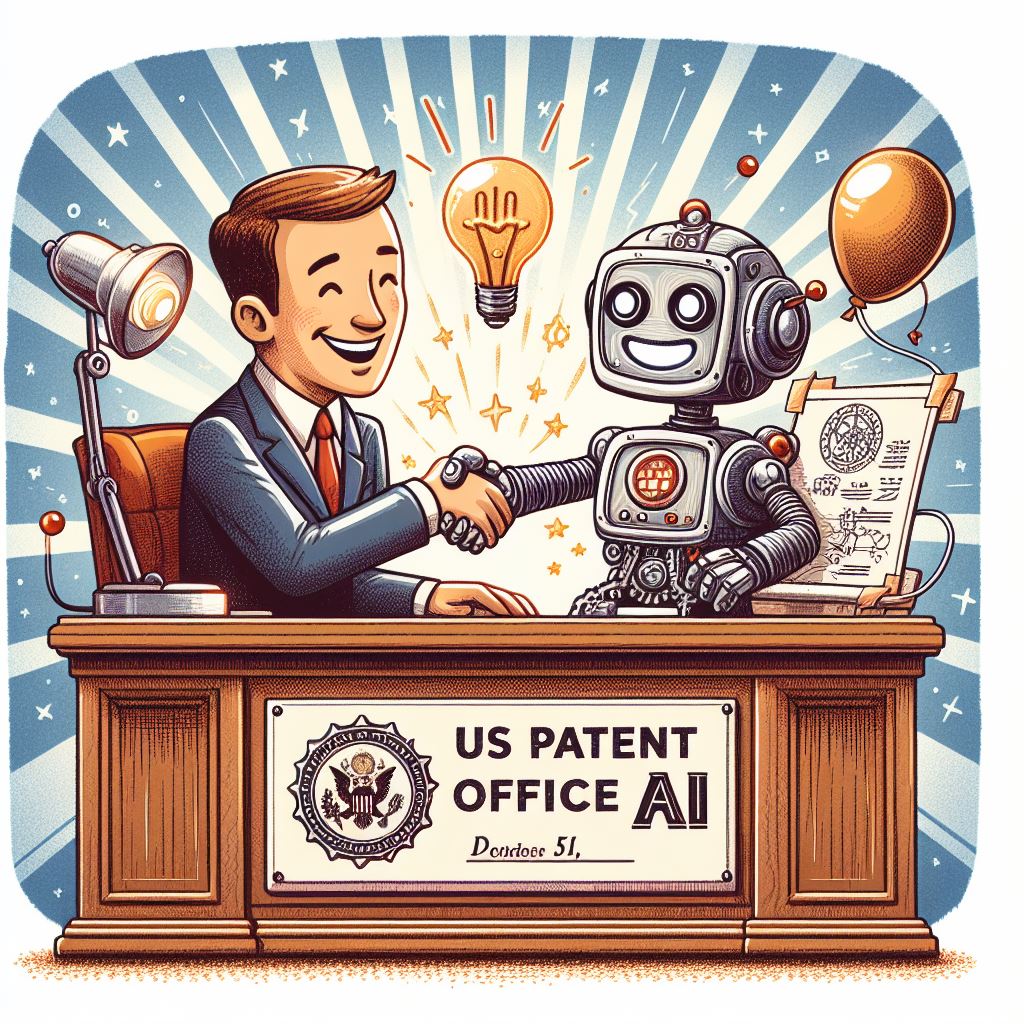The U.S. Patent and Trademark Office (USPTO) has recently delivered a new direction that sheds light on the patent eligibility of inventions involving artificial intelligence (AI). The key points are:
- AI-Assisted Inventions Not Categorically Unpatentable:
USPTO clarifies AI patent eligibility. It clarifies that AI-assisted inventions are not automatically excluded from patent protection. While AI systems play a crucial and significant role in innovation and invention, they cannot be considered inventors themselves.
- Human Inventors Essential:
The root of the matter lies in recognizing that patents are meant to provide incentives and reward human creativity. Legal entities like corporations, despite their personhood for certain purposes, cannot be inventors. Therefore, only natural humans are eligible for official patent protections.
- Defining Human Contribution:
Naming a human inventor is now a precondition for any patent claim. The challenge lies in defining the extent of a human’s contribution to an AI-assisted invention. Simply presenting a problem to an AI system does not qualify as conception; the person’s role in shaping prompts matters too.
- The Monkey Selfie Parallel:
This decision echoes the famous “monkey selfie” case, where a monkey’s photo couldn’t be copyrighted because copyrights must be owned by legal persons. Monkeys, though they are fascinating creatures, lack legal entity status.
In summary, the USPTO clarifies AI patent eligibility which ensures that AI remains a tool in the hands of human inventors. While AI contributes significantly, it is the human touch that ultimately drives innovation and warrants patent protection. As we navigate the evolving landscape of technology, the delicate balance between AI and human creativity will continue to shape our patent system.
While AI significantly contributes to innovation, it is the human element that is responsible for progress and development, so it justifies patent protection. For the ever-changing technological landscape, the relationship between AI and human creativity will continue to define our patent system.
Read More: How to Use Vectors, Tokens, and Embeddings to Create Natural Language Models?
Read More: Entrust Acquires AI-Based ID Verification Startup Onfido for Over $400M

